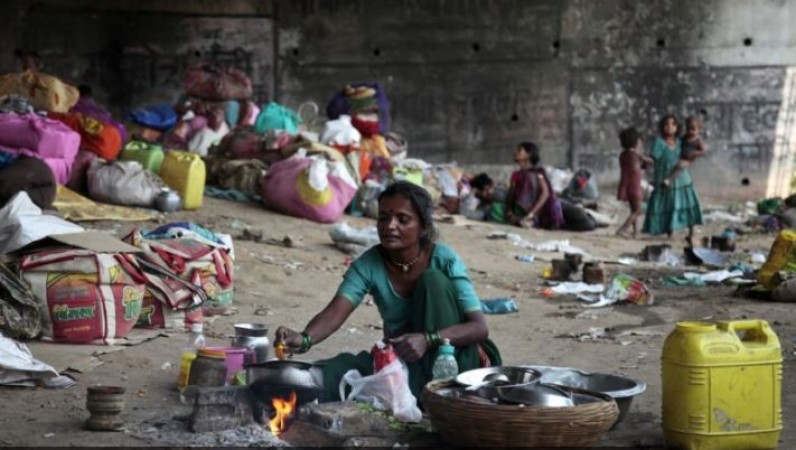
The debate surrounding the need for a caste census in India has gained momentum in recent years, with political parties and various stakeholders expressing divergent views on its implications and significance. The question of whether a caste census or an economic census should take precedence is at the forefront of this discussion. This article explores both sides of the argument, examining the potential impacts of each approach and their implications for Indian society and politics.
Caste Census: Understanding the Demand
The demand for a caste census in India primarily comes from political parties, particularly the Indian National Congress. Proponents argue that a caste census is essential for understanding the socio-economic conditions of different communities and for formulating targeted policies to uplift marginalized and disadvantaged groups. The rationale behind this demand is to ensure equitable distribution of resources and opportunities, especially for historically oppressed communities.
Possible Impacts of a Caste Census
Increased Awareness: A caste census would provide comprehensive data on the socio-economic status of different castes and communities. This data could foster a better understanding of the challenges faced by marginalized groups.
Targeted Policies: With accurate caste-based data, the government can design and implement more precise policies aimed at addressing the unique needs of various communities. This could potentially reduce disparities and uplift vulnerable sections of society.
Social Upliftment: By identifying the most marginalized communities, a caste census could facilitate targeted interventions to improve living conditions, access to education, healthcare, and employment opportunities.
Political Advantage: Political parties may attempt to leverage caste census data to create vote banks, potentially leading to increased polarization along caste lines.
Community Empowerment: Communities with accurate data may use it as a tool for advocacy and empowerment, demanding their rightful share of resources and opportunities.
Economic Census: An Alternative Perspective
While proponents of a caste census argue its merits, there is an alternative perspective that emphasizes the importance of an economic census, which focuses on assessing the economic well-being of individuals without considering their caste or religion.
Possible Impacts of an Economic Census
Inclusivity: An economic census treats all individuals equally, regardless of their caste or religion, promoting inclusivity and a sense of unity among diverse communities.
Avoiding Caste-based Discrimination: Critics argue that a caste census could inadvertently perpetuate caste-based discrimination and tensions in society.
Economic Development: An economic census provides a holistic view of economic conditions, which can guide policies aimed at fostering overall economic development.
Resource Allocation: Policies based on economic criteria may better address poverty and inequality, as they target individuals in need, regardless of their caste.
Reducing Political Manipulation: An economic census may minimize the scope for political parties to exploit caste divisions for electoral gains.
The debate over whether India should prioritize a caste census or an economic census is multifaceted. While a caste census may offer insights into the specific challenges faced by marginalized communities, it also carries the risk of political manipulation and social division. On the other hand, an economic census promotes inclusivity and may lead to more equitable resource allocation, but it may not fully capture the unique struggles of historically disadvantaged groups.
Ultimately, the decision lies in balancing these considerations and determining the best approach to address India's complex socio-economic challenges. Perhaps a combination of both caste and economic data, used judiciously to craft well-targeted policies, can help India achieve its goals of upliftment, inclusivity, and equitable development while avoiding the pitfalls of caste-based divisions. The key is to prioritize the welfare of all citizens while navigating the delicate terrain of caste dynamics in Indian society.
India Contemplates OCI Card Revocation Amid Trudeau's Accusations
Assault on Indian Army Soldier in Kerala: PFI Involvement Suspected
How Ruskin Bond's Tale Became Vishal Bhardwaj's Masterpiece - 7 Khoon Maaf